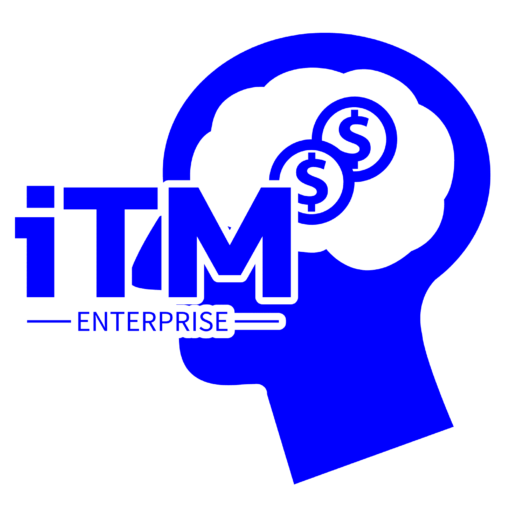Get help running your business your way


Some challenges you might face as a sole proprietor
Greater liability
As a sole proprietor, you're personally liable if the business gets sued or incurs debts.
Taxes
Sole proprietors must report business profits as personal income, and pay self-employment tax.
Difficulties raising capital
It's harder to attract investors because you have no partners, shares, or membership interests.
How you can build your business
DBA (doing business as)
Use a name other than your own to do business, open a bank account, and build a brand.
Business licenses
Make sure you have all required permits and licenses to run your business legally.
Liability protection
Operate as an LLC to protect your personal assets if your business ever gets sued or incurs debts.
Frequently asked questions
As a sole proprietor, by default, the legal name of your business is your own name. But you can choose to operate the business under another name, known as a “fictitious business name” or “doing business as” (DBA). Most states require you to file an application for your DBA.
You don’t have to register or file any paperwork with the federal government to form a sole proprietorship. If you go into business without setting up another business structure, then you’re automatically considered a sole proprietor if you’re the sole owner.
However, some states and counties may require you to obtain business licenses and/or permits before you can lawfully operate, Also, if you want your business to have a name that’s different from your own legal name, then most states will require you to file for a DBA.
Even if your business is a sole proprietorship, you should have a separate business bank account to help separate your business and personal income and expenses. This will help you properly report your business income on your personal tax returns. Most banks will allow you to open an account for your sole proprietorship using your social security number.
If you plan on doing business under a fictitious name (“DBA”), most banks will require proof of the filed DBA before they will open the account.
You can always choose to restructure your business. Whenever you decide your business might be outgrowing its status as a sole proprietorship–whether you’re looking to take on partners or investors, or you want the benefit of different tax options and liability protection–we have resources to help you find the business structure that’s right for you.
Whether your business needs an EIN depends on the structure of your business, and not whether your business has a DBA. Unless it plans on hiring employees, sole proprietorships with DBA don’t have a separate EIN; its tax identification number is the owner’s social security number. Also, single-member LLCs are often not required to obtain an EIN, but one is required if the LLC wants to hire employees or have a separate business bank account. Most other business entities require an EIN.
Call an agent at (786) 725-4535
Mon.–Fri. 5 a.m.–7 p.m. PT
Sat.–Sun. 7 a.m.–4 p.m. PT

